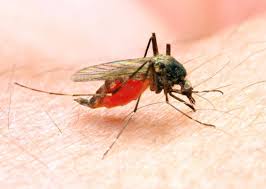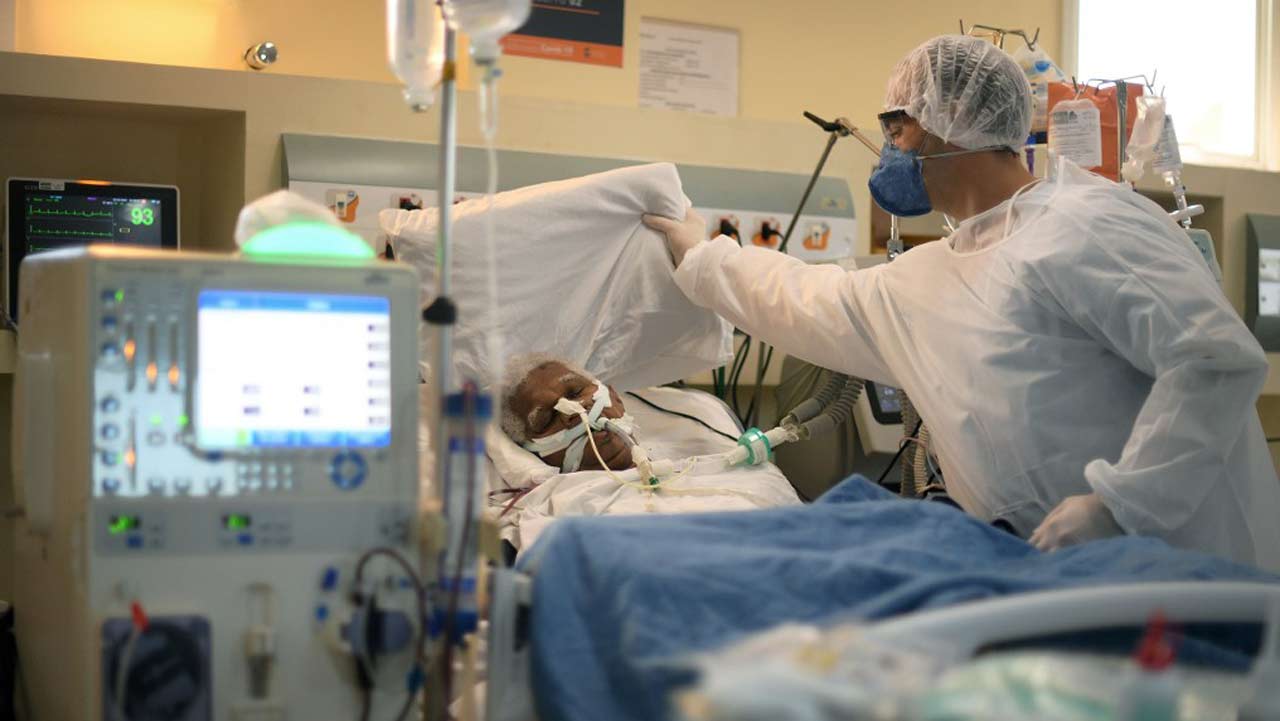…Says disease is reducing but remains a source of concern
In its bid to assist the Federal Government in curtailing the outbreak and spread of Lassa fever disease in the country, the World Health Organisation (WHO) has released $900,000 from its Contingency Fund for Emergencies and quick response.
Stressing that it has recognized Lassa fever as a priority which has the potential to cause public health emergencies, the WHO said that the released funds will assist the country to prepare adquately as well as create a response capacity within and neighbouring countries. This was contained in a newsletter uploaded on the WHO website on Monday.
 The letter also revealed that the country, after recording about 400 confirmed infections and 100 deaths following its outbreak, spread of the disease has greatly reduced The latest data released by WHO and the Nigeria Centre for Disease Control (NCDC) added that even though the epidemic has gone down, it is far from being curtailed.
The letter also revealed that the country, after recording about 400 confirmed infections and 100 deaths following its outbreak, spread of the disease has greatly reduced The latest data released by WHO and the Nigeria Centre for Disease Control (NCDC) added that even though the epidemic has gone down, it is far from being curtailed. According to the data, number of new confirmed and probable cases has declined in five consecutive weeks indicating that public health measures are proving effective, but that more infections should be expected till the end of dry season.
The data also revealed that between January 1, and March 25, 2018, about 394 laboratory cases were confirmed. Dr. Wondimagegnehu Alemu, WHO Representative to Nigeria who cautioned that the recent declining trend should be interpreted with caution, said, “the Lassa fever season is not yet over. We need to maintain vigilance and response operations, and ensure continued engagement with communities to help curb the further spread of Lassa fever”.
Also, the Chief Executive Officer of the NCDC, Dr Chikwe Ihekweazu, was quoted in the report as saying that the current epidemic in Nigeria is the largest on record, with the number of confirmed cases in January and February exceeding the total number reported in 2017.
The case count, according to him, has not yet fallen to usual endemic levels and the exact cause for the high numbers of infections has not been pinpointed.
“Research is being conducted in real-time to answer some of these questions. “We are researching what has led to so many people becoming infected with Lassa fever. “Even with a downward trend, until we can better understand the causes behind its rapid spread, we must treat the outbreak as a priority” he added.
The WHO further reaffirmed it’s support for Nigeria’s response to Lassa fever by collaborating with national health actors, Global Outbreak Alert and Response Network (GOARN), African Field Epidemiology Network (AFENET), Alliance for international Medical Action (ALIMA) amongst others.
Source: Daily Times News
ABUJA: Training Schedule for Basic Life Support BLS, Pediatric Advanced Life Support (PALS), Advanced Cardiovascular Life Support ACLS, First Aid, CPR, AED
PORTHARCOURT: Training Schedule for Basic Life Support BLS, Pediatric Advanced Life Support (PALS), Advanced Cardiovascular Life Support ACLS, First Aid, CPR, AED
LAGOS: Training Schedule for Basic Life Support BLS, Pediatric Advanced Life Support (PALS), Advanced Cardiovascular Life Support ACLS, First Aid, CPR, AED



